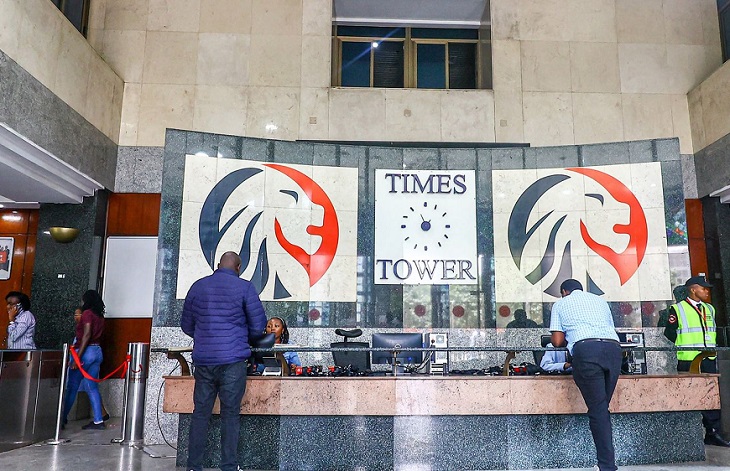Motivational speakers often proclaim that everyone is granted the same 24 hours each day, urging us to eschew excuses and emulate the industriousness of others to achieve success. This perspective suggests a universal equality in time allocation, implying that the path to accomplishment is solely determined by how effectively one utilizes these hours.
However, this notion warrants a deeper examination, especially within the context of Kenya, where systemic disparities profoundly influence how individuals can leverage their time.
In developed nations, the infrastructure and societal frameworks often provide a more level playing field, enabling citizens to maximize their 24 hours with relative ease. Access to efficient public services, quality education, and economic opportunities are more uniformly distributed, allowing individuals to focus their time on personal and professional growth.
Conversely, in Kenya, the landscape is markedly different. Here, the populace contends with entrenched socio-economic inequalities that skew the distribution of opportunities and resources.
A significant portion of the Kenyan population finds themselves in a relentless struggle to compete against the progeny of political elites and affluent families. These individuals are born into wealth that spans generations, with inheritances comprising substantial assets and financial security. For them, the 24 hours in a day are not encumbered by the immediate concerns of survival or the pursuit of basic needs. Instead, they have the luxury to invest their time in endeavors that further perpetuate their privileged status.
In stark contrast, many Kenyans are preoccupied with the fundamental task of securing daily sustenance. The metaphor of “eating the fruits” versus “searching for seeds” aptly captures this dichotomy. While the privileged enjoy the benefits of established wealth, the less fortunate expend their time and energy merely to lay the groundwork for future stability—a process that is both time-consuming and fraught with obstacles.
The adage “it’s not what you know, but who you know” resonates profoundly within the Kenyan context. Educational attainment and professional qualifications, while important, often take a backseat to personal connections and networks. The job market is heavily influenced by nepotism and patronage, where opportunities are frequently allocated based on familial ties or acquaintance with influential figures. Consequently, individuals lacking such connections find their 24 hours consumed by the arduous task of job hunting and networking, often with minimal success.
Moreover, the Kenyan socio-political environment presents a paradox where minor offenders face stringent legal repercussions, whereas individuals implicated in significant corruption scandals ascend to positions of power, including parliamentary seats. This disparity not only undermines the rule of law but also perpetuates a cycle where the affluent and well-connected exploit their positions for personal gain. The general populace, in turn, bears the brunt of this corruption, effectively subsidizing the opulent lifestyles of the elite through their taxes and labor.
Despite these systemic challenges, the necessity to work remains an inescapable reality for the majority of Kenyans. The absence of a social safety net means that daily labor is imperative to secure food, shelter, and other basic necessities. This relentless work ethic is not a reflection of equal opportunity but rather a testament to the resilience required to navigate an inequitable system.
In essence, while the concept of each individual possessing the same 24 hours is technically accurate, it fails to account for the profound disparities in how this time can be utilized. In Kenya, socio-economic inequalities, nepotism, and systemic corruption create an environment where the distribution of opportunities is heavily skewed.
Therefore, the simplistic narrative of equal time equating to equal opportunity does not hold true. Acknowledging and addressing these structural inequities is crucial in fostering a society where all individuals can genuinely have the chance to succeed, irrespective of the circumstances into which they are born.
Related Content: Dear Entrepreneur, Do Not Trust Everyone In A Suit













